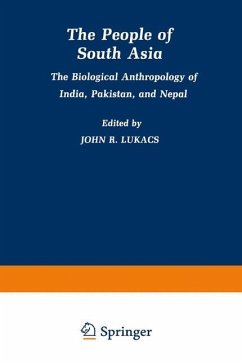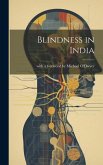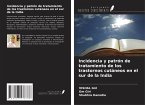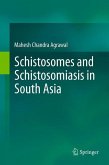In India TB was identified as an infectious disease in 1902at British Congress on Tuberculosis. Since then it continues to bethe major killer. Incorrect policies and lack of investments led tospatial spread. In India, TB is a social stigma not a disease.Interaction of the disease with itinerant populations,homelessness, poverty and migration provides a challenge forcontrol. Studies in this regard concentrated more on patient andimmediate environment; ecological and political structure remaineduntouched. The author attempts to integrate political economyframework and disease ecology framework with due emphasis onindividual?s perception and tries to interrogate ?victim blaming?in health paradigm. The study is expected to be useful for healthprofessionals, planners and policy-makers, who are sceptical oftaking the view of patients into decision making process. This bookwill be useful to all those who want to understand the disease inbroader perspective beyond bio-medical realm and are willing toaccept the role of historical, ecological, political, social andcultural factors (which are beyond quantification) rather thanreverting to the practice of ?victim blaming?.








